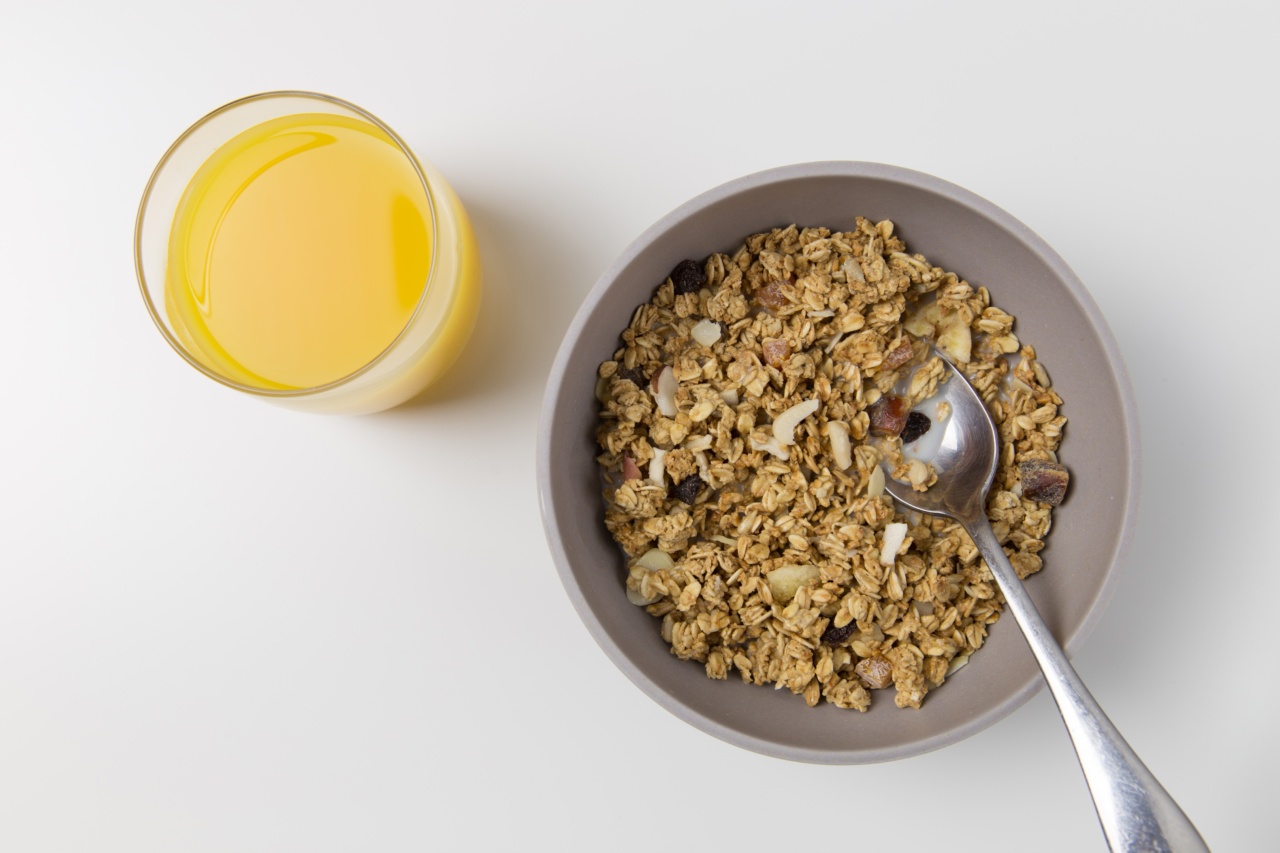Fiber is an essential nutrient for good health, but most people don’t get enough of it. In fact, the average person only eats about half of the recommended daily amount of fiber.
Fiber is found in a variety of foods, including fruits, vegetables, whole grains, and legumes.
What is Fiber and Why is it Important?
Fiber is a type of carbohydrate that your body can’t digest. There are two types of fiber: soluble and insoluble. Soluble fiber dissolves in water and can help lower cholesterol and regulate blood sugar levels.
Insoluble fiber doesn’t dissolve in water and can help regulate bowel movements and prevent constipation.
Fiber is important for a variety of reasons. First and foremost, it helps keep your digestive system running smoothly. Fiber adds bulk to your stool, which helps it move through your intestines more easily.
This can help prevent constipation and other digestive problems.
Fiber is also important for heart health. Studies have shown that eating a high-fiber diet can help lower cholesterol levels and reduce the risk of heart disease.
Fiber can also help regulate blood sugar levels, which is important for people with diabetes.
The Surprising Benefits of Fiber
Here are some surprising benefits of fiber that you may not be aware of:.
1. Weight Loss
Fiber can help you feel full, which can lead to weight loss. Studies have shown that people who eat a high-fiber diet are more likely to maintain a healthy weight than those who don’t.
2. Reduced Cancer Risk
Fiber is thought to help reduce the risk of certain types of cancer, such as colon cancer. This is because fiber helps keep the digestive system running smoothly and can help prevent the buildup of cancer-causing compounds in the colon.
3. Improved Skin Health
Fiber can improve skin health by removing toxins from the body. This can lead to clearer, more radiant-looking skin.
4. Improved Mood
Fiber has been shown to improve mood by reducing inflammation in the body. Inflammation has been linked to depression and other mood disorders.
5. Improved Immune System Function
Fiber has been shown to improve immune system function by stimulating the growth of beneficial gut bacteria. These bacteria help keep the digestive system running smoothly and can help prevent infections and other illnesses.
How to Incorporate Fiber into Your Diet
There are many ways to incorporate fiber into your diet. Here are some tips:.
1. Eat More Fruits and Vegetables
Fruits and vegetables are great sources of fiber. Aim to eat at least five servings of fruits and vegetables per day.
2. Choose Whole Grains
Choose whole grain bread, pasta, and rice instead of their white counterparts. Whole grains are a great source of fiber and other nutrients.
3. Add Legumes to Your Diet
Legumes, such as beans, lentils, and chickpeas, are a great source of fiber. Try adding them to soups, stews, and salads.
4. Snack on Nuts and Seeds
Nuts and seeds are a great source of fiber and other nutrients. Try snacking on almonds, peanuts, or sunflower seeds.
5. Use Chia Seeds in Your Recipes
Chia seeds are a great source of fiber and can be used in a variety of recipes, such as smoothies, oatmeal, and baked goods.
6. Drink Plenty of Water
When you increase your fiber intake, it’s important to drink plenty of water to help your digestive system process the fiber.
Conclusion
Fiber is an essential nutrient for good health. It can help regulate digestion, lower cholesterol levels, reduce the risk of cancer, and improve overall health.
By incorporating more fiber-rich foods into your diet, you can reap the benefits of this important nutrient.





























